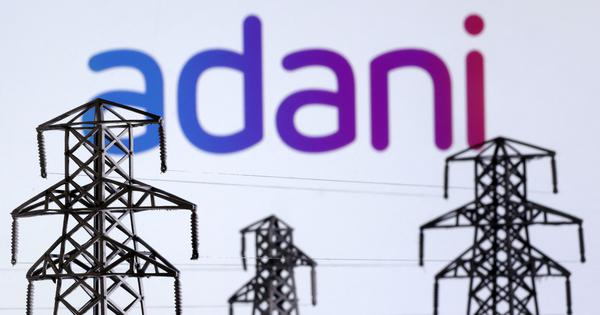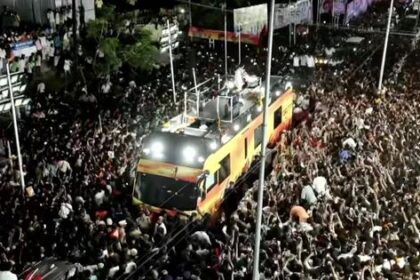Adani Power’s Godda plant shifts from exclusive exports to Bangladesh to domestic sales.
The Union government has approved the integration of Adani Power’s facility in Godda, Jharkhand, with the Indian power grid. This decision marks a significant shift for the plant, which had been solely supplying electricity to Bangladesh until now. According to a report by The Indian Express, the new arrangement will allow Adani Power to sell electricity to domestic distribution companies.
The government’s guidelines, established in 2018, originally restricted generators from supplying power exclusively to a neighboring country. Adani Power’s Godda plant was the only facility bound by such a contract, providing all its generated electricity to Bangladesh. The newly approved connection to the Indian grid will be established through a line-in-line-out arrangement. This setup involves connecting a new line to an existing transmission line, thus facilitating power distribution to new loads.
The integration will require the construction of a transmission line that will extend over 56 villages in the Godda and Poreyahat tehsils of Jharkhand. On September 29, the Union government issued an order granting Adani Power powers akin to those held by the telegraph authority under the Indian Telegraph Act of 1885. This legal framework allows for the placement and maintenance of telegraph lines across immovable properties.
This recent order aligns with amendments made by the Union power ministry to streamline the import and export of electricity. Earlier, the Central Electricity Authority had revised procedures to facilitate cross-border electricity flows, while the Central Electricity Regulatory Commission modified regulations governing the Inter-State Transmission System and cross-border trade.
The Inter-State Transmission System is a high-voltage network that enables electricity transfer between Indian states, ensuring that regions with surplus power can support those experiencing shortages. Following a political crisis in Bangladesh in August 2024, the Union government had amended export guidelines, permitting Adani Power to sell electricity that was contracted for Bangladesh within India. This was a contingency measure for instances of delayed scheduling or payment failures from Bangladesh.
In the wake of these developments, on October 31, 2024, Adani Power reduced its electricity supply to Bangladesh by half, citing delayed payments linked to the country’s foreign exchange shortages. Subsequently, one of the units at the Godda plant was shut down, leading to an operational capacity of approximately 42%. The Bangladeshi government then requested that Adani Power continue supplying electricity solely from the remaining operational unit.
In February, the Bangladesh Power Development Board urged the company to resume electricity supplies from the second unit, confirming ongoing payments of $85 million per month to settle outstanding dues. The agreement that facilitated electricity exports from the Adani Group to Bangladesh was established in 2017 during the administration of Prime Minister Sheikh Hasina.
This agreement stipulated that the Godda plant would provide between 7% and 10% of Bangladesh’s base load electricity. However, the arrangement has faced scrutiny, with opposition parties in India questioning the involvement of Prime Minister Narendra Modi in the deal. In Bangladesh, the exports have sparked controversy over the high prices that Dhaka is reportedly paying for the electricity.
Following political unrest in Bangladesh, which resulted in Hasina’s resignation in August 2024, the interim government, led by Nobel laureate Muhammad Yunus, began reviewing the terms under which Indian companies, including the Adani Group, operate in the country. Reports indicate that the Adani Group had warned Bangladesh about the unsustainable nature of its overdue payments, which had surpassed $500 million.








